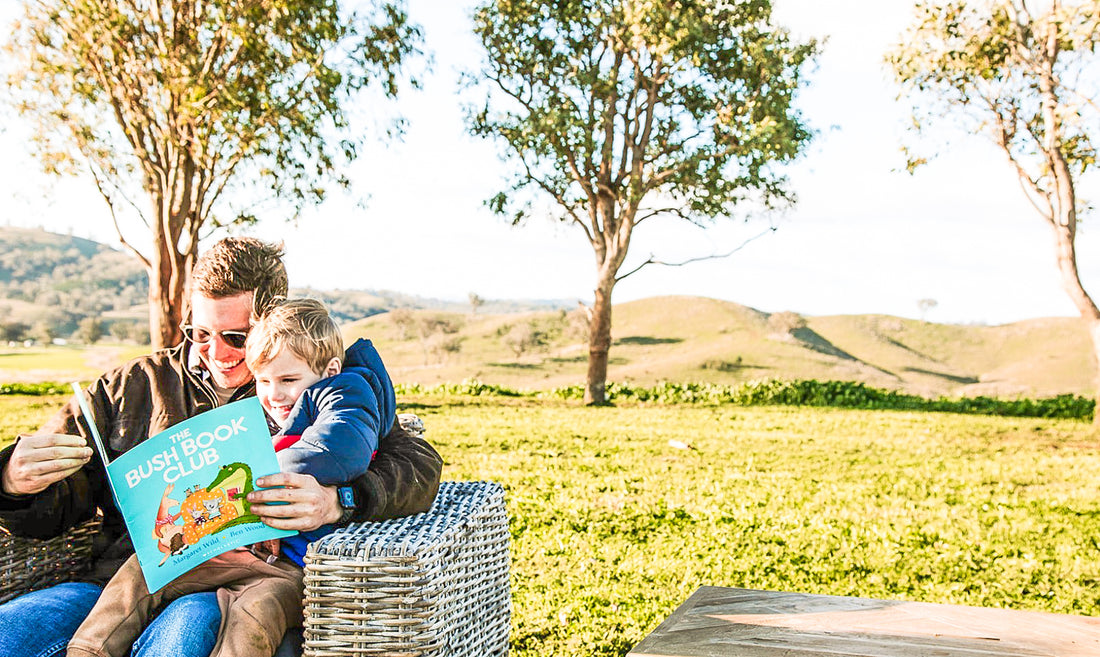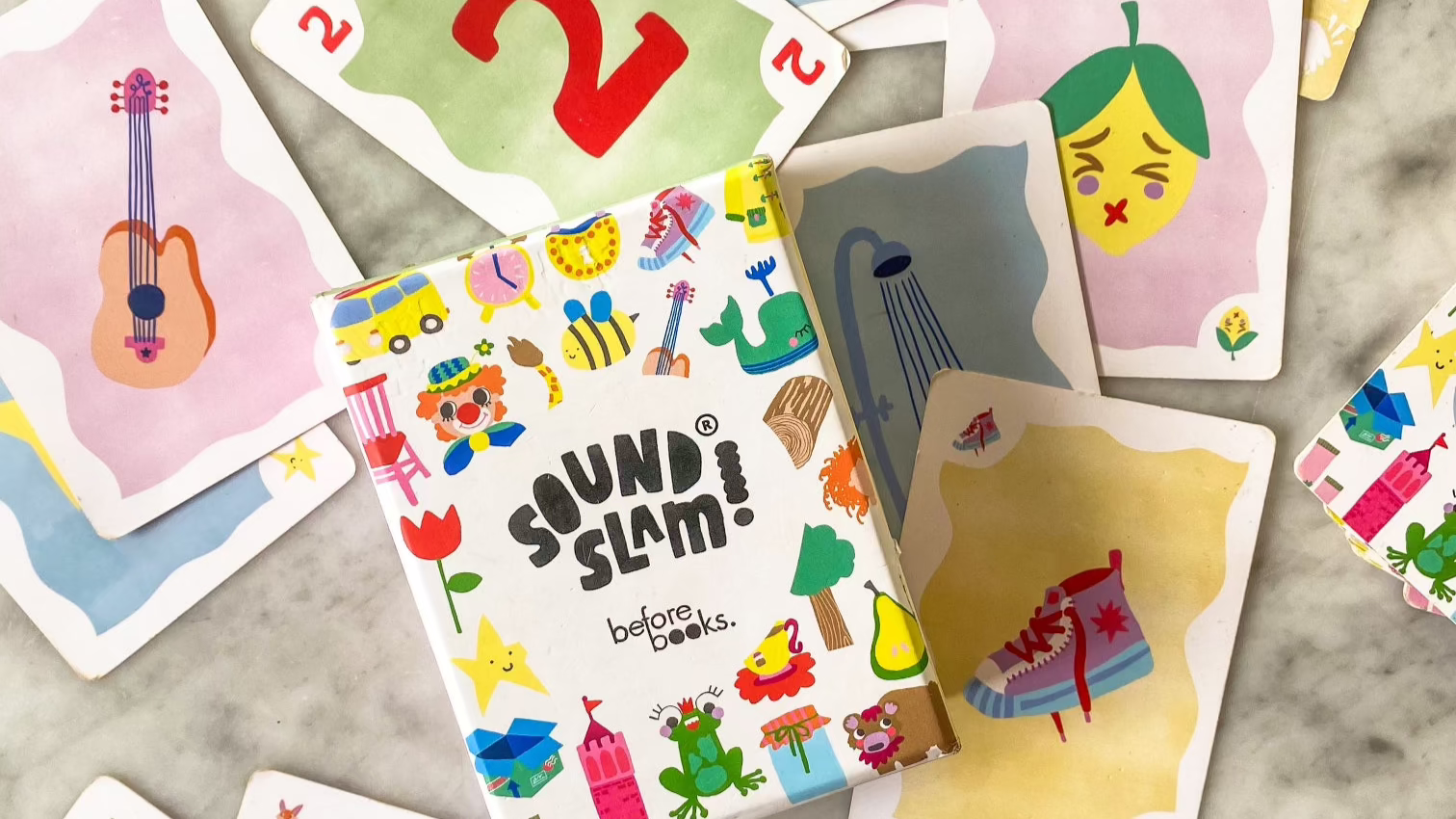
WHAT DO I NEED TO KNOW?
A person’s vocabulary refers to the words in which they know. There is receptive vocabulary which is all the words you understand and expressive vocabulary which is the words you use. Expressive vocabulary is much smaller than receptive. A child’s vocabulary is incredibly important when it comes to reading. In the early decoding or ‘sounding out’ phase of reading, it is easier to read a word that you already know as the phonology is familiar to you. As children begin reading more independently and learn from the texts they are reading, vocabulary continues to be of great importance as you simply cannot take meaning from a text that is filled with words you do not know.
Many words in the English language exist in word families where a root word can adopt varying prefixes and suffixes (morphology) to take on different meanings (eg- care, careful, careless, uncaring). A strong vocabulary breeds a stronger vocabulary as you are able to make connections using morphological knowledge to take meaning from words you may not have yet come across (Konza, 2011).
Children have an astounding ability to learn new words. It is important that as well as breadth (knowing lots of words) they also have depth of understanding. This may mean taking the time to explain new words as they come up and using new words in various contexts. Beck, McKeowen and Kucan (2013) coined a three tier system when it came to considering vocabulary. They refer to common everyday words in a person’s expressive vocabulary as tier 1 words. Tier 2 vocabulary refers to words that are less likely to be spoken day to day but would appear in printed texts, for example, analyse, fortunate or contemporary. Tier 3 vocabulary are the words that are very domain specific, jargon that refers to a niche job, area of study or context like hematoma or dodecahedron.
OKAY ENOUGH CHAT, HOW DO I TAKE ACTION?
Don’t shy away from the big words. Make a conscious effort to include tier 2 words in your everyday chit chat.
Take your child with you for your errands. Learning new words in a context that is also a new and interesting environment helps fast map them in your brain.
Read a broad range of books as they will include words that are not in your own expressive vocabulary, so your child is not limited by the words you use yourself.
Read a broad range of books, every day if possible. It will take years for your child to be reading texts that match or exceed their expressive vocabulary, but daily reading with your child gives them the opportunity to continue increasing their vocabulary, to soak up prosodic reading and connect with a family member. The readers that come from school do not replace the shared reading of picture or chapter books in your home.
STANDING ON THE SHOULDERS OF GIANTS
Beck, I., McKeown, M., & Kucan, L. (2013). Bringing words to life: Robust vocabulary instruction. New York: Guilford Press.
Konza (2011). Vocabulary. Paper 4 in the series Understanding the reading process. Research Into Practice: Literacy is everyone’s business. Department of Education, South Australia.
